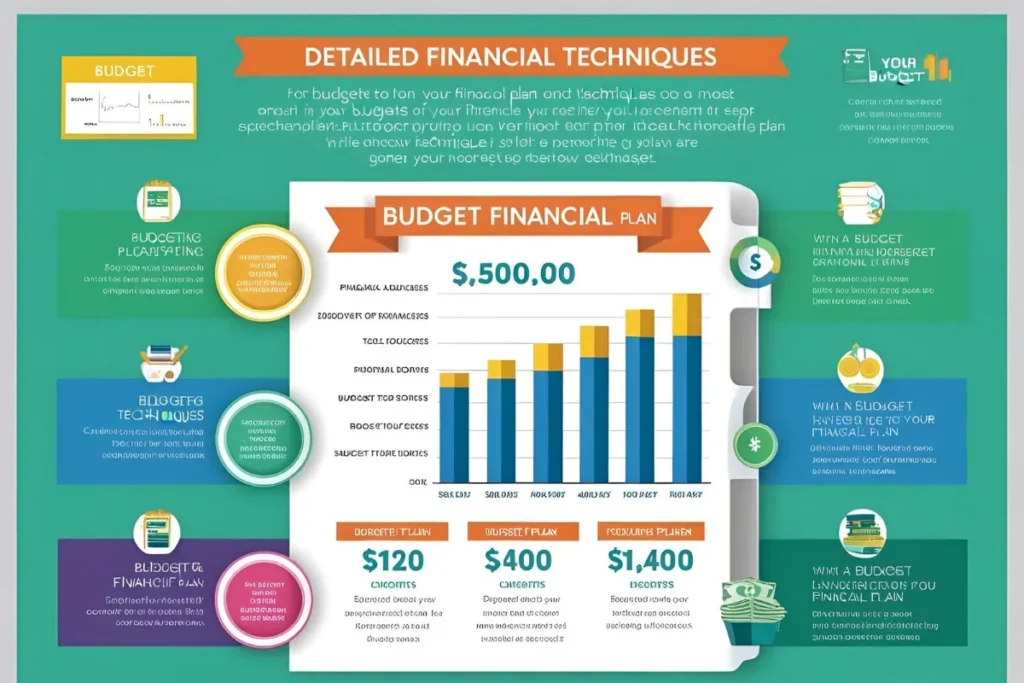Artificial intelligence is revolutionizing everything, and the economy is one of those areas that AI is transforming with innovation in increasingly refined financial technologies. Join me in reading how AI will change the financial world.
Table of Contents
What is AI in finance?
When we talk about finance and AI, we refer to the implementation of machine learning algorithms (machine learning) to analyze data, predict trends, and optimize financial decisions.
Unlike traditional methods, AI processes large volumes of information in real-time, identifying complex patterns that would be imperceptible to humans.
This includes everything from fraud detection and risk management to personalized financial advice.

Uses of AI in Finance
There are many uses of AI that are applicable in finance, the only limit is your creativity, but the common ones are:
- Fraud detection: Artificial intelligence can analyze a large amount of data in banks or financial institutions to find patterns in transactions and identify potential fraud.
- Risk management: AI algorithms are capable of managing risk in finance, assessing the risk of acquiring credit according to your financial conditions, they can predict possible losses and even optimize short and long-term investment strategies.
- Financial advice: Chatbots and virtual assistants can provide personalized financial advice, answering your questions about credits, investments, savings, and can even do the same with your clients.
- Algorithmic trading: AI algorithms can buy and sell assets automatically, taking into account multiple factors of the stock market, such as price fluctuations, transaction volume, etc., understanding that this must be managed by a person with experience and you should not leave the AI unsupervised.
- Customer service: Many companies use Artificial Intelligence chatbots to provide customer service 24 hours a day, this improves the company’s efficiency and increases customer satisfaction.
Practical applications
Banking: Used for fraud detection, credit risk assessment, customer service chatbots.
Companies like Upstart assess creditworthiness with predictive models.
Investments: Another practical application of AI is with trading algorithms, personalized portfolio management, and market analysis, being more efficient when predicting trends or the future value of an asset.
Platforms like Betterment and Wealthfront manage client investment portfolios with minimal human intervention using AI models.
Insurance: Many insurance companies are already using AI to detect potential fraud in claims and to create personalized policies.
Startups like Lemonade calculate premiums and process claims using AI models.
In the Fintech sector: There are many mobile applications for personal finance, as well as online loan apps, and smart payment systems.
Regulatory compliance: With platforms like RegTech, the detection of irregularities can be automated in order to avoid fines or legal sanctions.

Advantages and disadvantages
Advantages:
- Improves decision-making: By better analyzing prices and identifying common patterns.
- Personalization: The ability to offer personalization to the needs of each client or each case.
- 24/7 availability: Being able to provide customer service to anyone at any time of the day or night, without hiring staff or providing access to products or services without fixed hours.
- Risk prevention: Being able to identify fraud and losses early in the case of financial institutions.
- Greater efficiency: AI is very advantageous in repetitive and tedious tasks, reducing the time and cost of such tasks, very useful for individuals or companies.
- Accuracy: It is capable of minimizing possible human errors in tasks where attention must be paid to multiple factors, such as analyzing large volumes of data or making very complex decisions.
- Scalability: In finance, AI can manage millions of transactions in real-time.
Disadvantages:
- Privacy: The latent risk that a company or government behind an AI can misuse users’ personal data.
- Technological unemployment: The substitution of inefficient, very repetitive or very costly jobs (e.g., advisors, factory workers).
- Algorithmic biases: An ethical debate in AI is the possible bias of the data used, or how AI unfairly leans towards the interests of the people, companies, or governments behind the algorithms.
- Technological dependence: AI depends heavily on humans and constant adjustments to avoid failures of critical systems, in the same way, humans will depend more and more on artificial intelligence, losing capabilities over time.
- Cybersecurity: It is inevitable to be exposed to cyber attacks with AI, including that the AIs we use daily are hacked and our privacy is violated.
- Implementation costs: The cost of implementing artificial intelligence in companies is high both in money and in qualified personnel to manage AI problems and adapt it to the needs of each situation, in addition to possible resistance to change by employees.
- Lack of regulation: It is necessary that there are legal and ethical frameworks that can guarantee responsible use of financial technologies.
Free AI tools for finance

Many free AI apps and platforms have been developed that help manage personal or business finances, such as budget apps, chatbots that can advise you in a basic or complex way, and also market analysis platforms, although it is important to note that most free apps tend to be limited.
- TensorFlow (Google): It is an open-source library with which you can create your own predictive models adapted to the field of finance.
- IBM Watson Studio: This free platform allows you to access financial analysis tools with AI.
- FRED Economic Data (St. Louis Fed): This tool contains a lot of macroeconomic data to train models.
- R or Python with libraries: Packages like Pandas, Scikit-learn, or QuantLib allow you to develop customized AI solutions at no cost, but it requires technical knowledge in programming.
These free tools are great but have limitations for being free compared to paid tools.
AI tools for finance that are paid
- Kustomer: This platform focuses on customer experience management and uses AI to improve customer interaction in the financial sector.
- PocketSmith: It is a personal financial management tool that uses AI to create financial forecasts.
- Quicken: This classic personal finance tool integrates AI to offer smoother and more efficient financial management.
- Acorns: This application uses AI to automatically round up purchases to the nearest dollar and invest the leftover change in a diversified portfolio.

Artificial intelligence in personal finance
- Automation: They make budgets and track expenses.
- Real-time alerts: They notify when a spending limit is exceeded or there is unusual income.
- Savings optimization: They suggest adjustments in habits based on predictive analysis (e.g., reduce unused subscriptions).
- Optimal payment strategies: Tools like Tally analyze debts (cards, loans) and prioritize payments to minimize interest (avalanche or snowball method).
- Scenario modeling: AI simulates the impact of decisions such as buying a house, changing jobs, or investing in a business.
- Interactive chatbots: Assistants like Bank of America’s Erica resolve questions about credits, savings, or taxes in real-time.
- Improvement of credit scores: It suggests actions to increase the score (e.g., reduce card utilization).
Future of AI in the financial field
Artificial intelligence will continue to advance with new innovations, every day AI models will be more sophisticated and will allow people to develop new creative skills as the use of artificial intelligence tools is more democratized.

The future points towards:
- Hyper-personalization: Financial products adapted to individual behavior.
- Decentralized Finance (DeFi): AI integrated with blockchain for smart contracts.
- Quantum Computing: Market analysis with quantum power for ultra-fast predictions.
- Human-AI collaboration: Professionals will focus on creative strategies, while AI will handle repetitive tasks.
- Autonomous banking: AI will increasingly automate banking processes, from customer service to risk management.
- Advanced cybersecurity: AI will be indispensable in protecting against cyberattacks and preventing fraud.
Finally, artificial intelligence is here to stay and revolutionize almost every aspect of our lives, you can see the impact of AI in finance, and how we are innovating every day in banking, security, investment.
AI is still very unreliable for investing without expert supervision, be careful when managing investment artificial intelligences.

Does AI in Finance Exist?
Absolutely, there are many artificial intelligence models for personal finance, business, investment, accounting, and much more.
Can I invest with AI?
Yes, it’s possible, but I wouldn’t leave an artificial intelligence investing money without expert supervision.
Do banks use AI?
Yes, they use artificial intelligence in many ways. Banks like Bank of America use AI to serve customers.
Can AI help me start a business?
Yes, AI is capable of giving entrepreneurship and marketing advice, and it can also assist you in developing business strategies.

